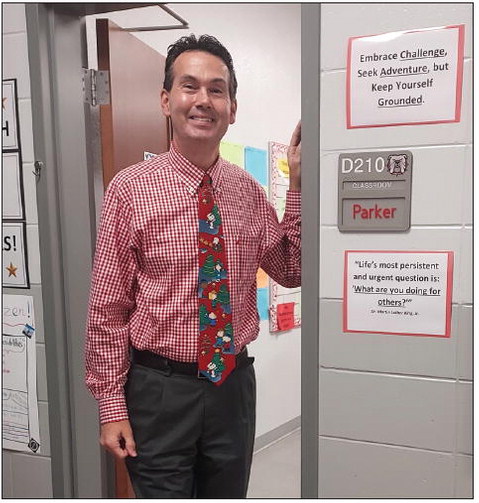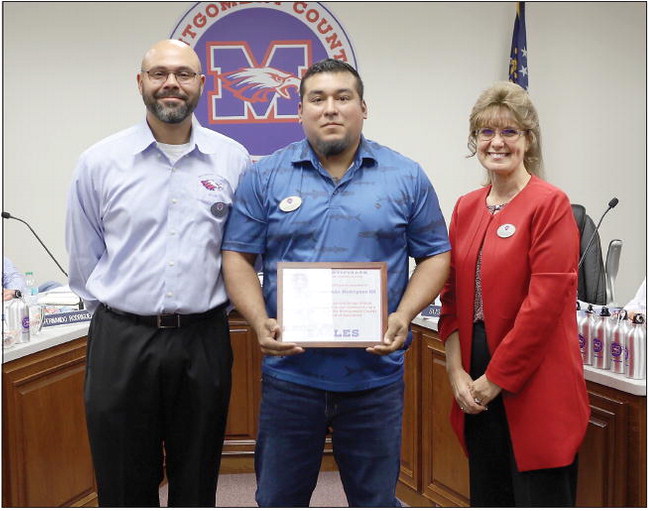Montgomery County Commissioners Announce Boat Ramp Closure
mrandolphadvance@gmail.com
The Montgomery County Commissioners have announced the temporary closure of the boat ramp located on Dead River Road.
This closure will begin on July 8 and is expected to last until July 22, as the Georgia Department of Natural Resources Wildlife Resources Division works to renovate the access point. According to the agency, the area has already been cleared and initial work has begun, but concrete work will be done during the closure.
'For safety reasons, we kindly request that boaters refrain from using the Dead River Road Boat Ramp until it reopens to the public,” Montgomery County Commission Chairman Leland Adams emphasized. “Your cooperation ensures a smooth and safe renovation process.'
For those who still wish to participate in recreational boating activities, the Division suggests utilizing the Towns Bluff Boat Ramp, which is located at 45 Riverwood Trail in Hazlehurst, as the agency said it offers the same convenient access to a waterway.
For more information on the closure, contact Adams by phone at (912) 583-2363, or by email at ladams@montcoga.gov.








